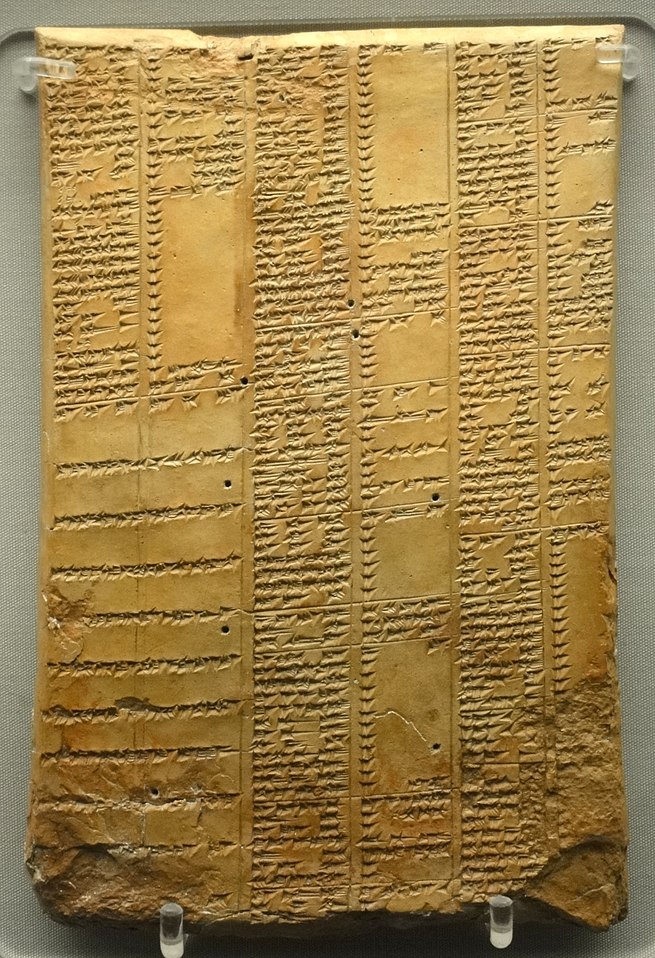
Main Difference
The main difference between Synonym and Idiom is that the Synonym is a word or phrase that means exactly or nearly the same as another word or phrase in the same language and Idiom is a combination of words that has a figurative meaning.
-
Synonym
A synonym is a word or phrase that means exactly or nearly the same as another word or phrase in the same language. Words that are synonyms are said to be synonymous, and the state of being a synonym is called synonymy. For example, the words begin, start, commence, and initiate are all synonyms of one another. Words are typically synonymous in one particular sense: for example, long and extended in the context long time or extended time are synonymous, but long cannot be used in the phrase extended family. Synonyms with the exact same meaning share a seme or denotational sememe, whereas those with inexactly similar meanings share a broader denotational or connotational sememe and thus overlap within a semantic field. The former are sometimes called cognitive synonyms and the latter, near-synonyms.
Some lexicographers claim that no synonyms have exactly the same meaning (in all contexts or social levels of language) because etymology, orthography, phonic qualities, ambiguous meanings, usage, and so on make them unique. Different words that are similar in meaning usually differ for a reason: feline is more formal than cat; long and extended are only synonyms in one usage and not in others (for example, a long arm is not the same as an extended arm). Synonyms are also a source of euphemisms.
Metonymy can sometimes be a form of synonymy: the White House is used as a synonym of the administration in referring to the U.S. executive branch under a specific president. Thus a metonym is a type of synonym, and the word metonym is a hyponym of the word synonym.
The analysis of synonymy, polysemy, hyponymy, and hypernymy is inherent to taxonomy and ontology in the information-science senses of those terms. It has applications in pedagogy and machine learning, because they rely on word-sense disambiguation.
-
Idiom
An idiom (Latin: idiomī, “special property”, from Ancient Greek: ἰδίωμα, translit. idíōma, “special feature, special phrasing, a peculiarity”, f. Ancient Greek: ἴδιος, translit. ídios, “one’s own”) is a phrase or an expression that has a figurative, or sometimes literal, meaning. Categorized as formulaic language, an idiom’s figurative meaning is different from the literal meaning. There are thousands of idioms, occurring frequently in all languages. It is estimated that there are at least twenty-five thousand idiomatic expressions in the English language.
-
Synonym (noun)
A word whose meaning is the same as that of another word.
“equivalent|poecilonym”
“antonym|opposite”
-
Synonym (noun)
A word or phrase with a meaning that is the same as, or very similar to, another word or phrase.
““Happy” is a synonym of “glad”.”
-
Synonym (noun)
Any of the formal names for a taxon, including the valid name (i.e. the senior synonym).
-
Synonym (noun)
Any name for a taxon, usually a validly published, formally accepted one, but often also an unpublished name.
-
Synonym (noun)
An alternative (often shorter) name defined for an object in a database.
-
Idiom (noun)
A manner of speaking, a mode of expression peculiar to a language, person, or group of people.
-
Idiom (noun)
A language or language variety; specifically, a restricted dialect used in a given historical period, context etc.
-
Idiom (noun)
An established expression whose meaning is not deducible from the literal meanings of its component words, often peculiar to a given language.
-
Idiom (noun)
An artistic style (for example, in art, architecture, or music); an instance of such a style.
-
Idiom (noun)
A programming construct or phraseology that is characteristic of the language.
-
Synonym (noun)
a word or phrase that means exactly or nearly the same as another word or phrase in the same language, for example shut is a synonym of close
“‘the East’ was a synonym for the Soviet empire”
“‘shut’ is a synonym of ‘close’”
-
Synonym (noun)
a person or thing so closely associated with a particular quality or idea that the mention of their name calls it to mind
“the Victorian age is a synonym for sexual puritanism”
-
Synonym (noun)
a taxonomic name which has the same application as another, especially one which has been superseded and is no longer valid.
-
Idiom (noun)
a group of words established by usage as having a meaning not deducible from those of the individual words (e.g. over the moon, see the light).
-
Idiom (noun)
a form of expression natural to a language, person, or group of people
“he had a feeling for phrase and idiom”
-
Idiom (noun)
the dialect of a people or part of a country.
-
Idiom (noun)
a characteristic mode of expression in music or art
“they were both working in a neo-impressionist idiom”
